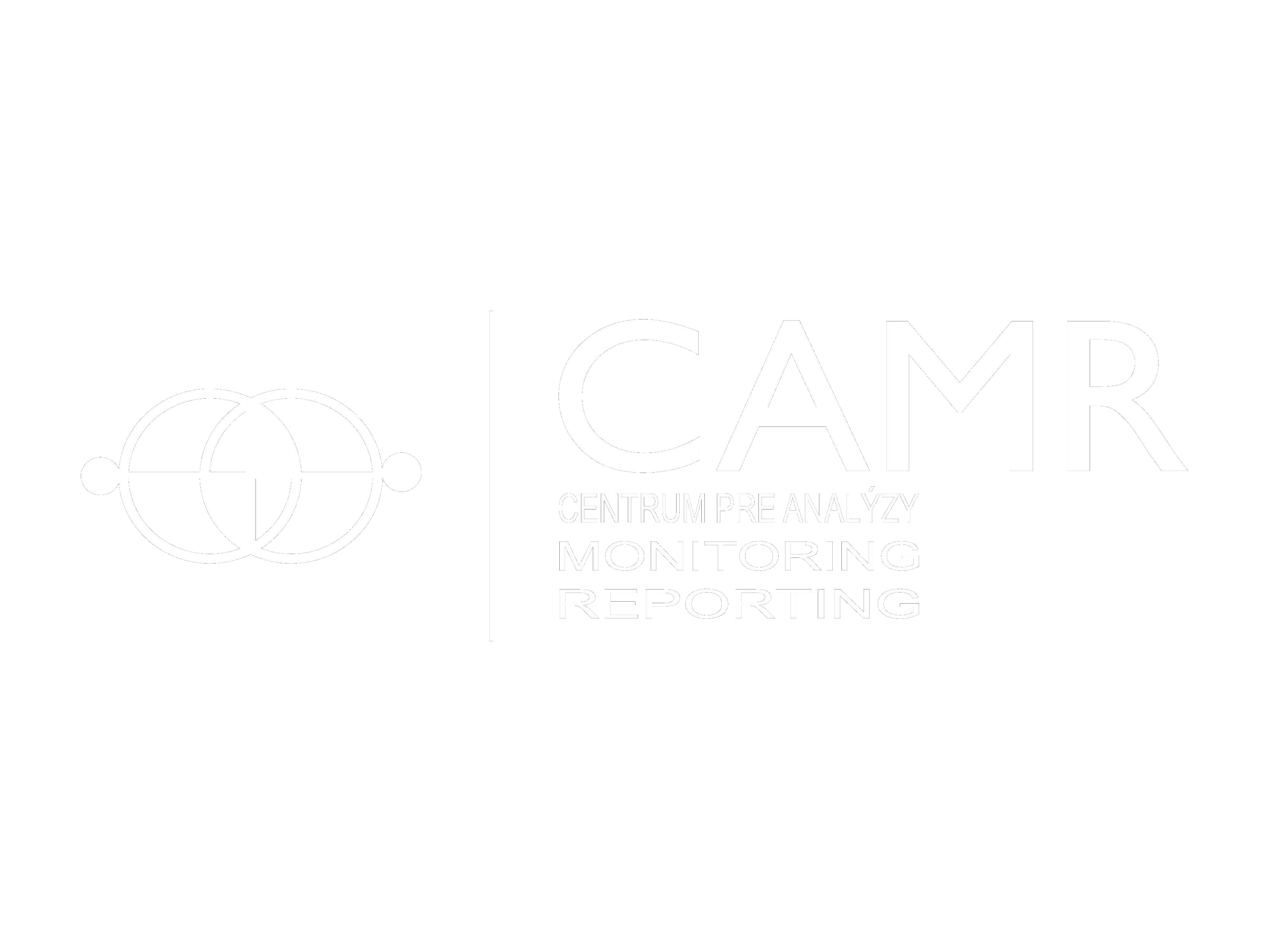In recent years, the dynamics between Serbia and the West have become increasingly intricate, hitting a particularly low point with the outbreak of the war in Ukraine. Serbia has notably refrained from imposing sanctions on Russia since the conflict began, leading to a 2022 agreement between Russia and Serbia to align their foreign policies and maintain ongoing consultations on international issues, despite Serbia’s status as an EU candidate country.
The early 2024 elections in Serbia were criticized by the EU for being unfair and marred by irregularities. Following these elections, a new government, featuring numerous pro-Russian figures and individuals under sanctions, assumed power. Shortly afterwards, Serbian President Aleksandar Vučić sent a congratulatory message to Vladimir Putin on his reelection in March. Within Serbia, high-ranking officials have accused Germany of attempting to incite a „second Maidan“ in response to opposition protests and rising public dissatisfaction.
Throughout this period, Vučić has skillfully maintained an image of „balancing“ and „non-alignment.“ He has also strengthened ties with China, highlighted by Xi Jinping’s visit to Serbia during his European tour. Relations with Kosovo, however, have worsened, marked by escalating tensions and a stalled dialogue, casting doubt on the prospects for future progress. Vučić has managed this balancing act adeptly, reinforcing his image and consolidating his power within Serbia. He portrays himself as the nation’s indispensable leader, benefiting from his strategy of playing multiple sides against each other while occasionally reminding the West of Serbia’s European future.
Vučić’s control over Serbian media allows him to shape public opinion against the West and strengthen his resistance to EU and US pressures. This narrative is further reinforced by Russian media within Serbia. Despite these issues, Western officials continue to view Serbia as a stable regional partner, though the rationale behind this perception is complex.
Against this backdrop, German Chancellor Scholz acted decisively. On July 19, 2024, the EU and Serbia formalized an agreement for a critical lithium mining project crucial for electric vehicle batteries. The signing ceremony in Belgrade, attended by Scholz and Vučić, marked the restart of the Jadar lithium mine, expected to produce up to 58,000 tons of lithium annually—enough for 1.1 million electric vehicles. Environmental concerns about the mine have prompted protests and opposition from activists, though Vučić has promised stringent protections involving European experts.
Shortly after, the EU Council decided to grant Schengen access to Kosovo Serbs with Serbian passports. Kosovo institutions view these passports as illegal, as they classify Kosovo Serbs as Serbian citizens. This decision undermines Kosovo’s efforts to integrate these individuals into its institutions, heightens ethnic tensions, and challenges Kosovo’s constitution and rule of law.
The EU’s approach in this case allows Vučić to consolidate his power and persist in his confrontational stance within the region. It damages the EU’s reputation, which was once associated with promoting change and progress but is now seen as supporting stagnation and maintaining the status quo. The lithium deal appears to be a reactive measure to prevent China and Russia from securing similar agreements with Serbia, especially given the rise of China’s Belt and Road Initiative (BRI) and Vučić’s growing rapport with Xi Jinping. This outcome reflects Vučić’s „balancing“ strategy, where aligning with one power is used to pressure the other into negotiation.
For a more effective strategy, the EU and US should leverage their significant economic and political influence over Serbia more assertively. This includes addressing Serbia’s interference in neighboring countries and countering anti-Western propaganda. Key strategies could involve reducing Vučić’s interactions with Western leaders and exploiting Serbia’s economic reliance on the EU. Addressing the region’s entrenched kleptocracy and criminal networks is also vital for sustainable progress.
Such an approach would hold Vučić accountable for his actions, including the Banjska attack and controversial dealings with Russia while preventing him from gaining unearned rewards. Currently, the EU’s reluctance to drive meaningful change perpetuates a cycle of „stabilitocracy,“ where superficial stability is prioritized over genuine democratic reform. This aligns with Vučić’s tactics of consolidating power through manipulation rather than progress. This strategy undermines meaningful reform, leading to continued uncertainty about the region’s future and European integration while empowering autocrats like Vučić, who exploit instability to maintain their positions and manipulate the EU, which is preoccupied with other pressing issues. This underscores that the region’s „waiting line“ is far longer and more complicated than initially anticipated.
Author: Rron Dragidella
Picture Source: https://pixabay.com/photos/flag-serbia-flagpole-banner-symbol-7015438/




















